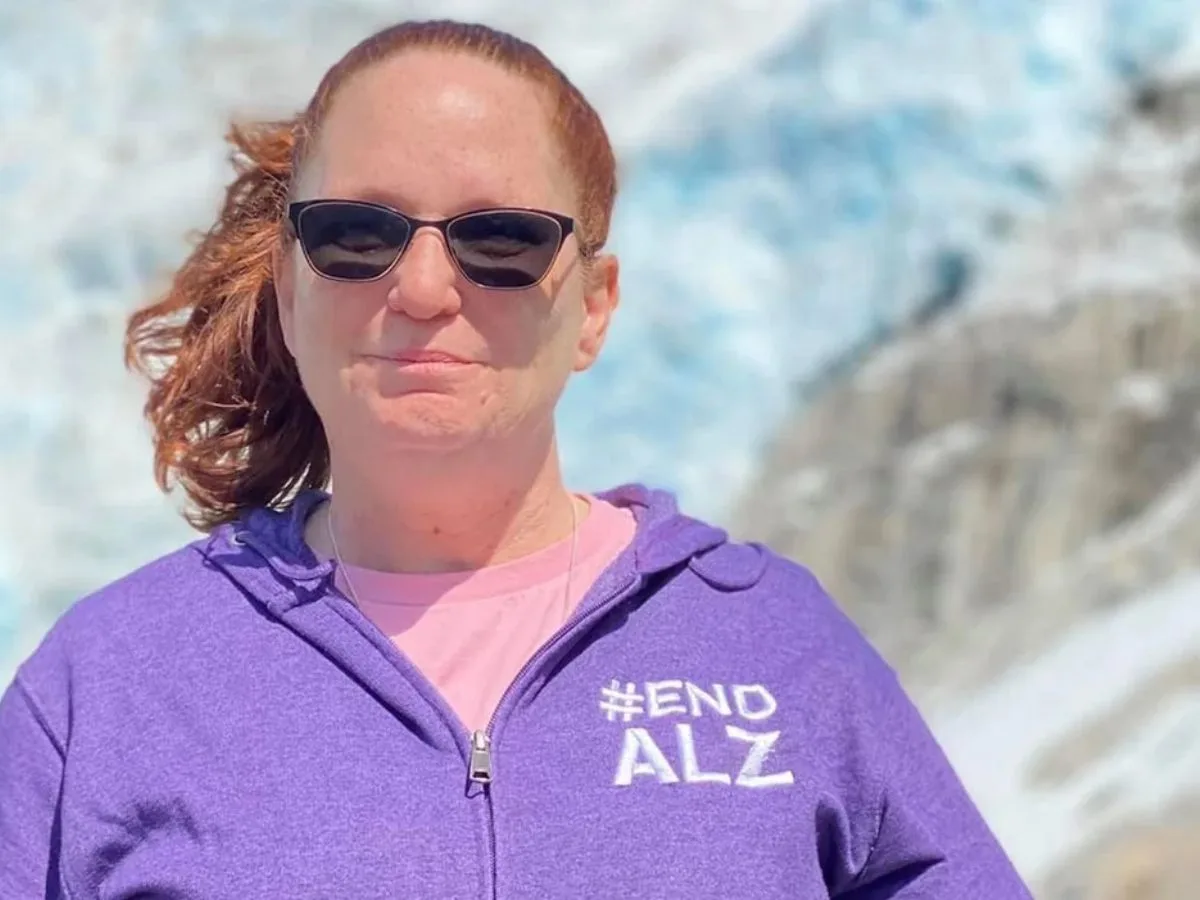Isn’t It True That I’m Too Young To Have Alzheimer’s Or Dementia?

If you’re in your 80s or 70s and have observed some memory loss, it’s normal to be afraid that you’re acquiring Alzheimer’s disease or another kind of dementia. But what if you’re in your sixties, fifties, or forties… Those ages would have to be too young for Alzheimer’s or dementia, right?
Around 10% of Alzheimer’s disease cases begin before the age of 65.
No, not always. Alzheimer’s disease affects around 60% to 70% of the more than 55 million people living with dementia globally. Memory loss or other symptoms began before the age of 65 in 10% of the 33 to 38.5 million people with Alzheimer’s disease. Alzheimer’s disease is, in fact, the leading cause of young-onset dementia. A recent Dutch study discovered that of those with a known classification of their young onset dementia, 55% had Alzheimer’s disease, 11% had vascular dementia, 3% had frontotemporal dementia, 3% had Parkinson’s disease dementia, 2% had dementia with Lewy bodies, and 2% had primary progressive aphasia.
Young-onset dementia is unusual.
To be clear, young onset dementia (defined as beginning before the age of 65 and frequently referred to as early onset dementia) is uncommon. One study in Norway discovered that young-onset dementia occurred in 163 of every 100,000 people, or less than 0.5 percent of the population. So, if you’re under the age of 65 and experiencing memory problems, you have a 99.5 percent probability that it’s not dementia. (Whew!)
Protect yourself from the negative effects of chronic inflammation
Chronic, low-grade inflammation has been shown in studies to be a silent killer that leads to cardiovascular disease, cancer, type 2 diabetes, and other illnesses. Get basic suggestions from Harvard Medical School specialists on how to fight inflammation and stay healthy.
This assertion is not without exceptions. More than half of people with Down syndrome develop Alzheimer’s disease, typically in their 40s and 50s, because they have an extra copy of the chromosome that contains the gene for the amyloid found in Alzheimer’s plaques. Other genetic abnormalities that run in families can also cause Alzheimer’s disease to begin in people’s 50s, 40s, or even 30s — but you’d know if you’re at risk if one of your parents had young onset Alzheimer’s disease.
How does early-onset Alzheimer’s disease differ from late-onset Alzheimer’s disease?
The first point to make is that, just as no two people are alike, no two people with Alzheimer’s disease exhibit the same symptoms, even if the disease began at the same age. Nonetheless, there are some distinctions between early and late-onset Alzheimer’s disease.
People with typical, late-onset Alzheimer’s disease who are 65 or older show a combination of Alzheimer’s disease-related changes in thinking and memory as well as normal ageing changes. The frontal lobes are the parts of the brain that change the most during normal ageing. The frontal lobes are in charge of many cognitive functions, including working memory (the ability to keep information in one’s head and manipulate it) and insight into problems.
This means that, in terms of cognitive function, people with early-onset Alzheimer’s disease may have isolated problems with episodic memory — the ability to form new memories to recall recent events in their lives. People suffering from late-onset Alzheimer’s disease have difficulties with episodic memory, working memory, and insight. So you’d think that those with late-onset Alzheimer’s disease have it tougher, right?
Depression and anxiety are more likely in Alzheimer’s disease with an early onset.
People with late-onset Alzheimer’s disease have more impairment in cognition and everyday function than those with early-onset Alzheimer’s disease, at least when the disease first appears. Those with late-onset disease, on the other hand, don’t notice these challenges as much because their understanding is also compromised. Most of my patients with late-onset Alzheimer’s disease will tell me that their memory problems are minor, or that they have none at all!
Patients with young-onset Alzheimer’s disease, on the other hand, are often despondent about their status and apprehensive about the future, a result recently validated by a group of Canadian researchers. As if having Alzheimer’s disease at a young age wasn’t enough to trigger depression and anxiety, new evidence reveals that the pathology progresses more swiftly in those with young onset Alzheimer’s disease.
Another terrible aspect of young-onset Alzheimer’s disease is that, because it affects people in their prime, it disrupts families more than late-onset disease. Teenagers and young adults can no longer rely on their parents for advice. Individuals who may be caring for children at home must now also care for their spouse — possibly in addition to caring for an ageing parent and performing a full-time job.
What should you do if you’re under the age of 65 and experiencing memory problems?
As previously said, if you are under the age of 65 and have memory problems, it is quite improbable that you have Alzheimer’s disease. However, if it is, the National Institute on Aging has resources that can assist.
What else could be causing memory issues in children? Poor sleep is the most common cause of memory issues in people under the age of 65. Perimenopause, medication side effects, depression, anxiety, illegal drugs, alcohol, cannabis, head injuries, vitamin deficiencies, thyroid issues, chemotherapy, strokes, and other neurological conditions are all causes of young-onset memory impairments.

Here are some things that anyone, regardless of age, may do to improve their memory and lower their risk of dementia:









